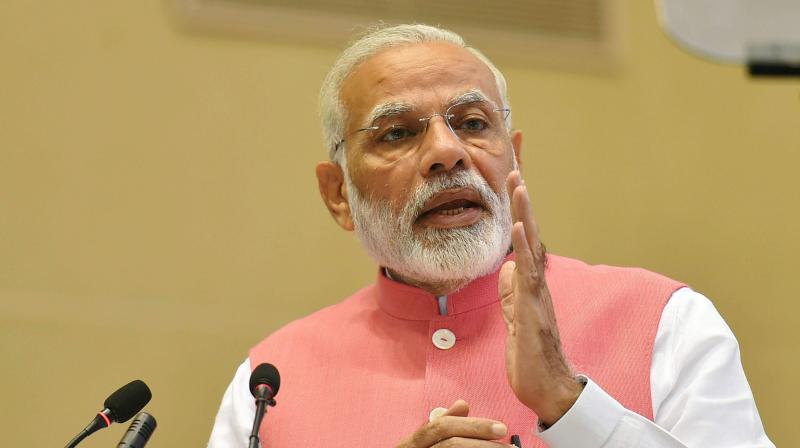Political gains may be key for policy: Experts

MUMBAI: With several state assembly elections lined up in the next one-year ahead of the 2019 Lok Sabha elections, experts feel that political considerations would play a more dominant role in driving economic decisions going forward. According to global financial service firm Nomura, the focus in India will incrementally shift from economics to politics. Between now and the Lok Sabha elections scheduled for May 2019, twelve state assembly elections will take place.
Each of these state results will be seen, rightly or wrongly, as a referendum on PM Narendra Modi and the Bharatiya Janata Party (BJP) in the run up to the next general elections. “We believe the government has largely followed prudent policies over its first 3-4 years in power. With the election cycle approaching, we expect political considerations to play a more dominant role in driving economic decisions. Big-ticket reforms are behind us and we expect incremental reforms to focus on execution of already-announced measures: the banking sector, strategic stake sales, infrastructure spending and privatisation. We also expect the government to pause on fiscal consolidation in FY18. We do not expect the government to throw caution to the wind, but we do expect some shades of populism to emerge over the next year,” said Nomura.
Of the states, the focus will be on Gujarat (December 2017), Karnataka (April 2018), MP, Rajasthan and Chattisgarh (December 2018), which will be a BJP versus Congress party tussle. Anti-incumbency will be at play in these BJP ruled states. “The government is clearly getting into the election mode. With several state elections lined up, the government is likely to turn more populist in coming months. Instead of big bang reforms, it would be better if the government focussed more on execution of all the policies announced in the last three years,” said Ambareesh Baliga, senior research analyst. According to him, the markets are already factoring in a BJP victory in the upcoming Gujarat assembly polls. “Even if there is any slight fall in BJP’s vote share, it would be viewed very negatively by the markets,” he added.

